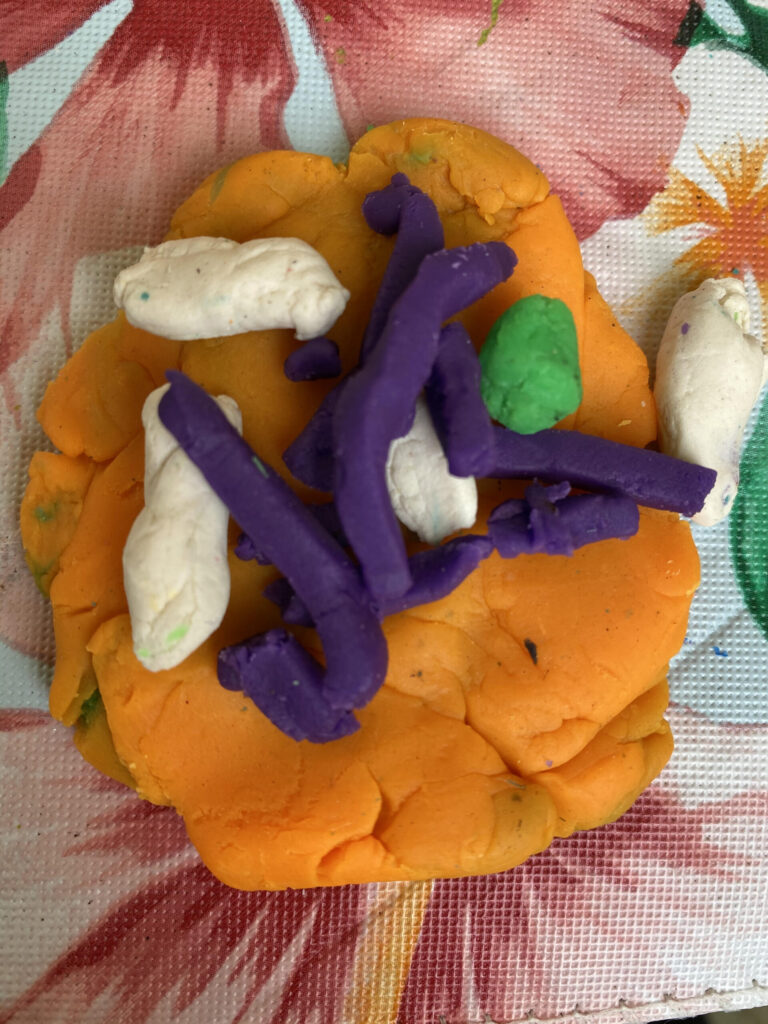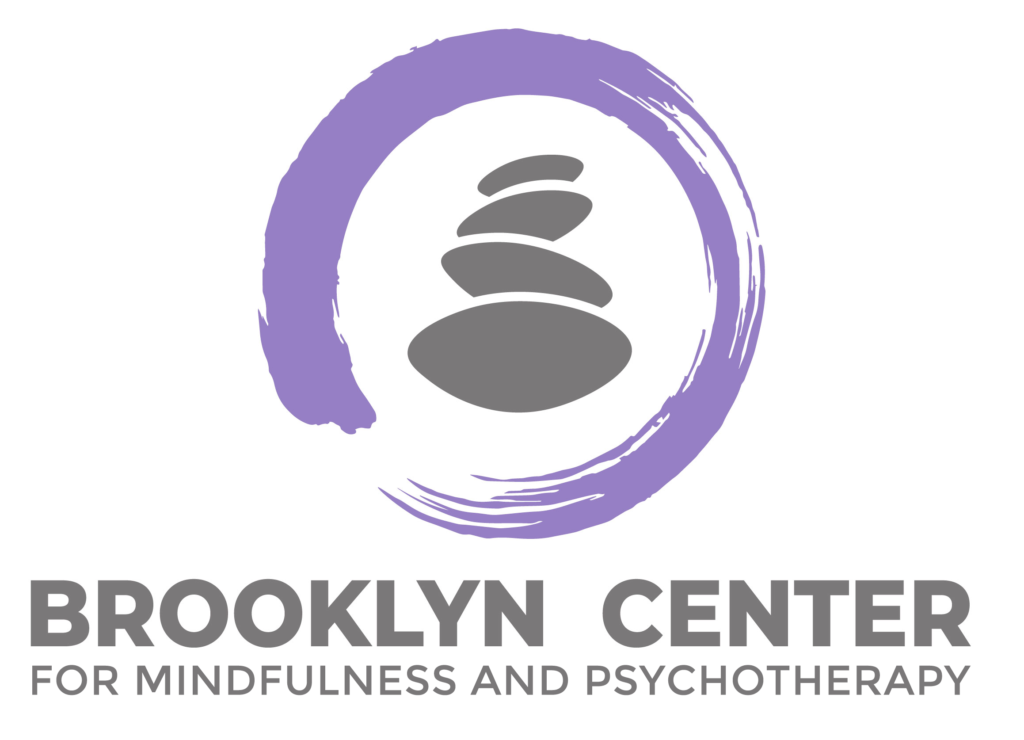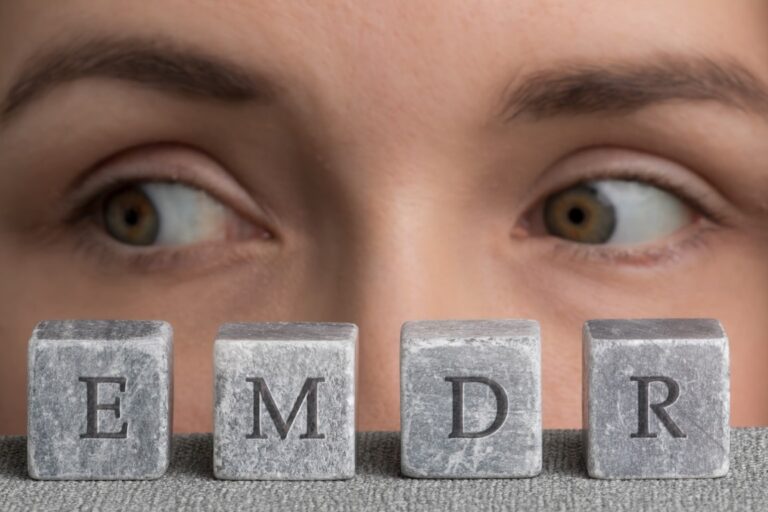Are you ready to tap into your hidden reserves of inner strength and reclaim control over your life? Look no further than therapy—a powerful tool for self-empowerment. In the bustling metropolis of New York, where life’s demands sometimes feel overwhelming, therapy offers a safe and nurturing space to explore your emotions, confront challenges, and unleash your full potential. Join us as we delve into the transformative journey of self-discovery, highlighting how therapy can empower you to navigate life’s obstacles with resilience and confidence. It’s time to embark on a path of personal growth and unleash your inner strength.
What is Inner Strength?
Inner strength refers to the mental and emotional resilience that allows individuals to navigate life’s challenges confidently and gracefully. It is a quality that can be developed through self-awareness, mindfulness, and intentional practice. In New York, where the pace of life can be fast and demanding, cultivating inner strength has become increasingly important for individuals seeking to thrive in their personal and professional lives.
There are many ways to build inner strength in New York, from practicing meditation and yoga to connecting with supportive communities and seeking therapy or counseling. By prioritizing self-care, setting boundaries, and developing healthy coping mechanisms, individuals can cultivate the resilience and fortitude needed to navigate the ups and downs of life in one of the world’s most dynamic cities. Building inner strength is a powerful tool for achieving personal growth, overcoming adversity, and living a life of purpose and fulfillment.

The Role of Therapy in Building Inner Strength
Therapy can be a valuable tool for building inner strength in individuals struggling with various mental health issues. In New York, therapy is widely available and accessible to anyone seeking support and guidance. The role of therapy in building inner strength lies in its ability to provide individuals with a safe and confidential space to explore their thoughts, emotions, and behaviors.
Through therapy, individuals can develop coping strategies, improve communication skills, and learn how to manage stress and anxiety. Therapists can also help clients identify negative thought patterns that may hold them back and work with them to develop more positive ways of thinking and behaving. Overall, therapy can help individuals build resilience and develop the internal resources to navigate life’s challenges.
Different Types of Therapy and Their Benefits
In New York, various types of therapy are available to address a wide range of mental health concerns. Here are some commonly practiced treatments and their benefits:
- Cognitive-Behavioral Therapy (CBT) focuses on identifying and changing negative thought patterns and behaviors. It effectively treats anxiety, depression, phobias, and other mental health disorders. CBT helps individuals develop coping strategies and improve problem-solving skills.
- Psychodynamic Therapy: This therapy explores the unconscious processes and unresolved conflicts that may influence a person’s thoughts, emotions, and behaviors. It can benefit individuals seeking a deeper understanding of themselves and their relationships, addressing issues such as trauma, attachment, and unresolved childhood experiences.
- Dialectical Behavior Therapy (DBT): DBT combines cognitive-behavioral techniques with mindfulness practices. It is commonly used to treat borderline personality disorder, self-harm behaviors, and difficulties in emotion regulation. DBT emphasizes developing skills for mindfulness, distress tolerance, emotional regulation, and interpersonal effectiveness.
- Acceptance and Commitment Therapy (ACT): ACT helps individuals accept their thoughts and feelings without judgment while committing to actions aligned with their values. It effectively treats anxiety, depression, chronic pain, and addiction. ACT promotes psychological flexibility and encourages individuals to live in the present moment.
- Eye Movement Desensitization and Reprocessing (EMDR): EMDR is an evidence-based therapy for trauma and post-traumatic stress disorder (PTSD). It involves using bilateral stimulation (eye movements, sounds, or taps) while recalling distressing memories. EMDR helps individuals process traumatic experiences and reduce associated distress.
- Family Therapy: Family therapy involves multiple family members to address conflicts, improve communication, and enhance relationships. It can help resolve marital issues, parent-child disputes, and family dynamics. Family therapy fosters understanding, promotes healthy boundaries, and strengthens support networks.
- Group Therapy: Group therapy involves a therapist facilitating a therapeutic group of individuals with similar concerns. It provides a supportive environment where individuals can share experiences, gain insights, and receive feedback from others. Group therapy can address various issues, such as addiction, grief, and social skills development.
- Art Therapy: Art therapy integrates creativity and psychological techniques to promote self-expression and emotional healing. It can benefit individuals who find it challenging to express themselves verbally. Art therapy is used in various settings and can assist with stress reduction, trauma recovery, and enhancing self-esteem.
Overcoming Adversity with Inner Strength
Overcoming adversity is a common theme in the city of New York. With its fast-paced lifestyle, competitive job market, and diverse population, individuals often face challenges that test their inner strength. However, many have found ways to rise above these obstacles and emerge more vital than ever before.

One way that people in New York overcome adversity is by relying on their inner strength. This means drawing on their values, beliefs, and experiences to find the courage and resilience needed to overcome difficult situations. For some, this may mean seeking support from friends and family, while for others, it may involve engaging in meditation or therapy. Whatever the approach, the key is to remain focused on one’s goals and maintain a positive attitude in the face of adversity. By doing so, individuals can tap into their inner strength and ultimately become more assertive on the other side.
Developing Resilience Through Compassion and Mindfulness
Developing resilience through compassion and mindfulness is becoming increasingly popular in New York. This approach emphasizes the importance of self-awareness, empathy, and positive thinking to help individuals become more resilient in adversity. Mindfulness practices such as meditation and breathing exercises can help individuals build a sense of calmness and clarity. In contrast, compassion practices such as gratitude and acts of kindness can help cultivate a positive outlook on life.
Several organizations in New York offer mindfulness and compassion-based programs to help individuals develop resilience. These programs often focus on building emotional intelligence, stress management techniques, and coping skills to handle difficult situations. By incorporating these practices into their daily lives, individuals can learn to navigate life’s challenges more efficiently and build a strong foundation for personal growth and well-being.

Fostering Inner Strength Through Self-Reflection and Self-Care
Self-reflection and self-care are potent tools for fostering inner strength and personal growth in New York. By reflecting on our thoughts, feelings, and actions, we can better understand ourselves and the world around us. This can help us identify areas where we may want to make changes in our lives and appreciate the things that bring us joy and fulfillment.
One way to practice self-reflection is through journaling. Writing down our thoughts and feelings can help us process them more effectively and track our progress over time. In addition, engaging in regular self-care activities such as meditation, exercise, or spending time outdoors can also help to promote inner strength and resilience.
Many resources are available in New York for those seeking to cultivate inner strength through self-reflection and self-care. There are numerous opportunities to explore these practices in a supportive and nurturing environment, from mindfulness workshops to yoga classes. By making time for ourselves and prioritizing our well-being, we can build the inner strength to navigate life’s challenges with greater ease and grace.
Strategies for Maintaining Inner Strength Beyond Therapy Sessions
Maintaining inner strength beyond therapy sessions is essential for long-term mental health and well-being. One strategy is to practice self-care regularly. This can include exercise, meditation, journaling, or spending time in nature. Engaging in activities that bring you joy and a sense of accomplishment can also help boost your confidence and overall mood.
Another strategy is to build a support system outside of therapy. This can include friends, family members, or support groups you can turn to for encouragement and guidance. It’s essential to surround yourself with people who uplift and inspire you and are willing to listen without judgment. By building a solid support system, you’ll have a network of people to turn to when times get tough, which can help you maintain your inner strength and resilience over the long term.
Conclusion
In conclusion, cultivating inner strength is vital to mental and emotional well-being. It allows us to navigate life’s challenges with greater ease and grace while enabling us to enjoy life’s pleasures to the fullest. Whether through self-care practices or building a support system, many strategies are available for maintaining our inner strength over the long term. So let’s take the time to prioritize our well-being and build the inner power we need to live happy, fulfilling lives. At Brooklyn Mindful in New York City, we offer workshops and classes to help individuals develop and maintain their inner strength. Join us today to start your journey towards a healthier and happier you!




